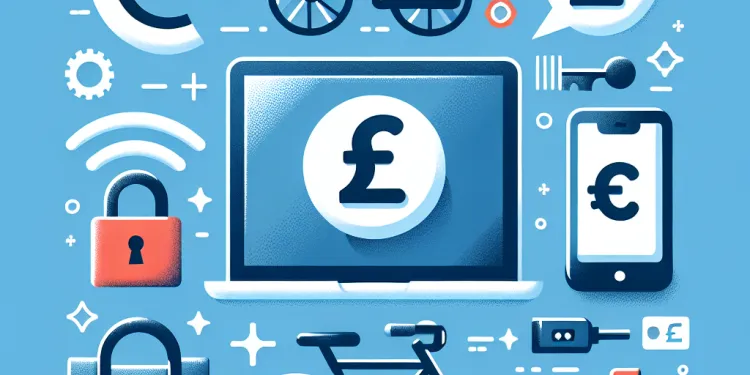
Find Help
More Items From Ergsy search
-
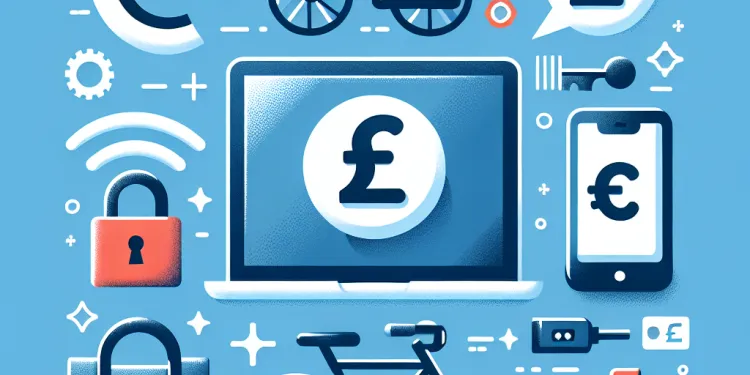
Is job security a right for gig workers?
Relevance: 100%
-
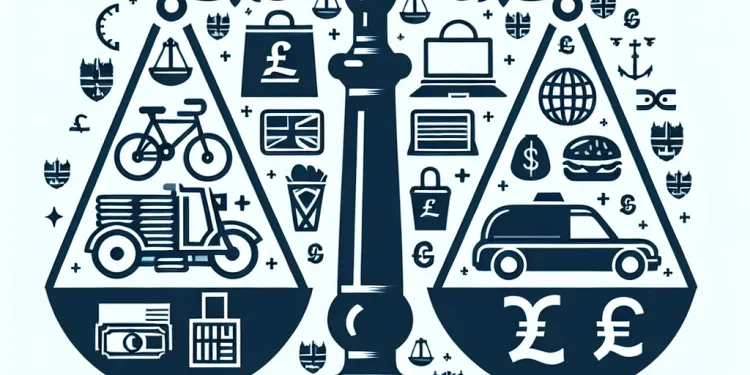
What are my rights as a Gig Worker?
Relevance: 67%
-

Do gig workers qualify for retirement benefits?
Relevance: 63%
-
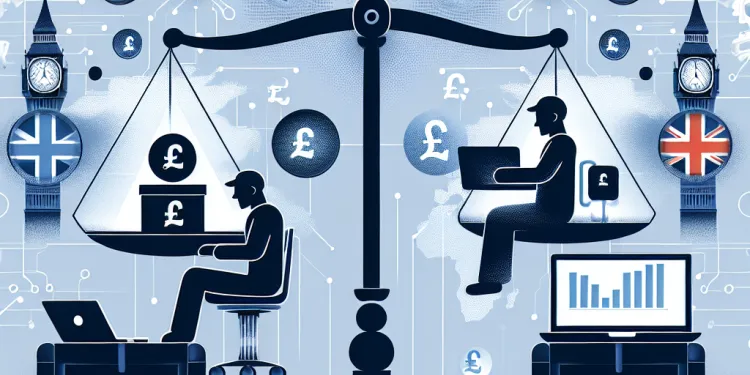
Are gig workers entitled to workers' compensation?
Relevance: 63%
-
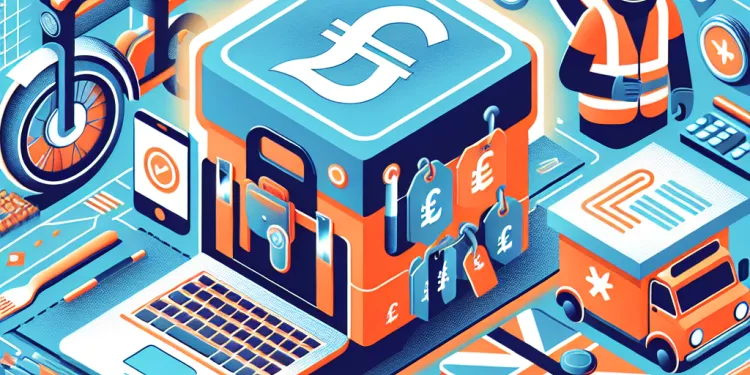
What are my rights regarding workplace safety as a gig worker?
Relevance: 59%
-

Do gig workers have the right to unionize?
Relevance: 59%
-

Can I receive health benefits as a gig worker?
Relevance: 59%
-

Are gig workers protected against wrongful termination?
Relevance: 58%
-
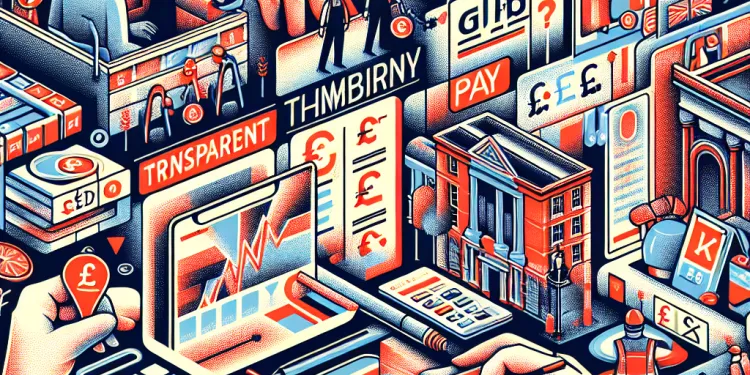
Do gig workers have the right to transparency in pay and fees?
Relevance: 58%
-
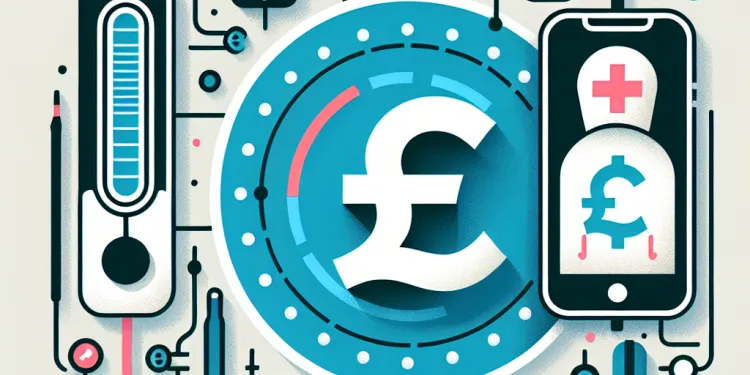
Are gig workers entitled to sick leave?
Relevance: 57%
-
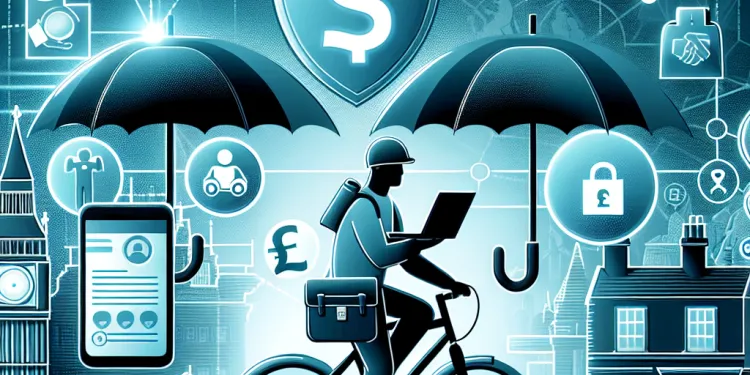
Do gig workers have access to unemployment benefits?
Relevance: 57%
-
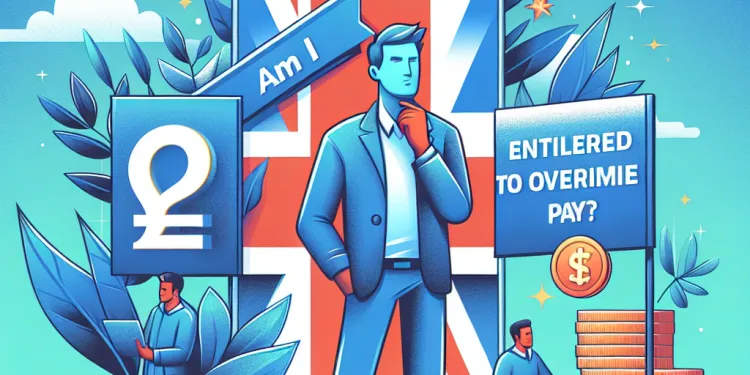
Am I entitled to overtime pay as a gig worker?
Relevance: 56%
-
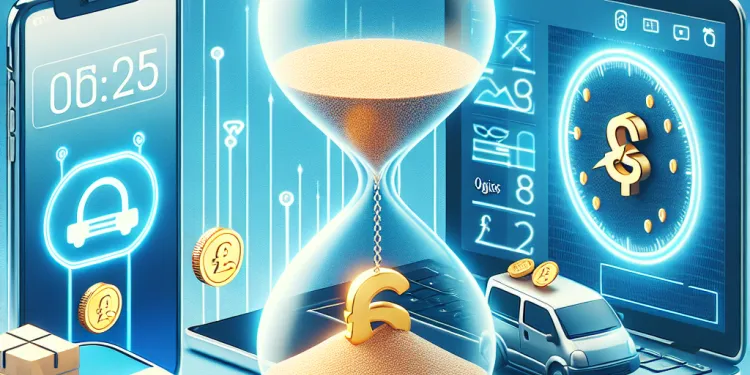
Do gig workers have the right to a minimum wage?
Relevance: 55%
-
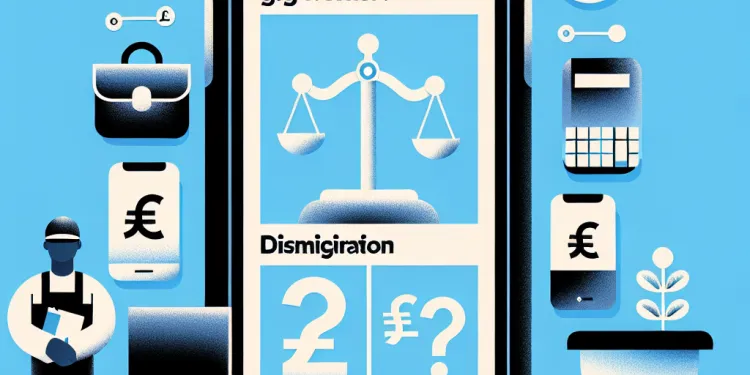
What can I do if I face discrimination as a gig worker?
Relevance: 52%
-
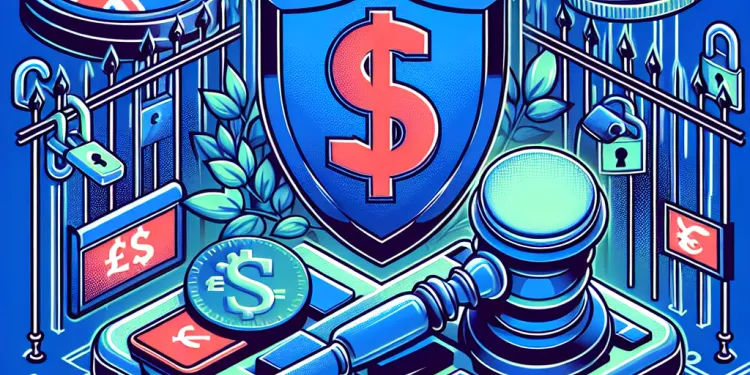
Do gig workers have intellectual property rights over their work?
Relevance: 49%
-
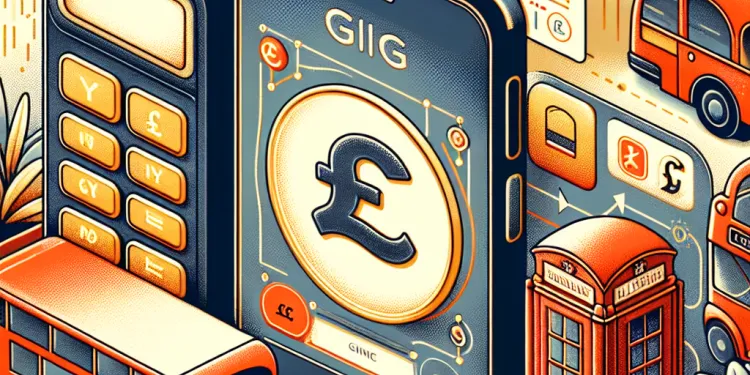
Can I claim expenses as a gig worker?
Relevance: 49%
-

Employment Tribunal Cases Surge Amidst Gig Economy Debate
Relevance: 47%
-
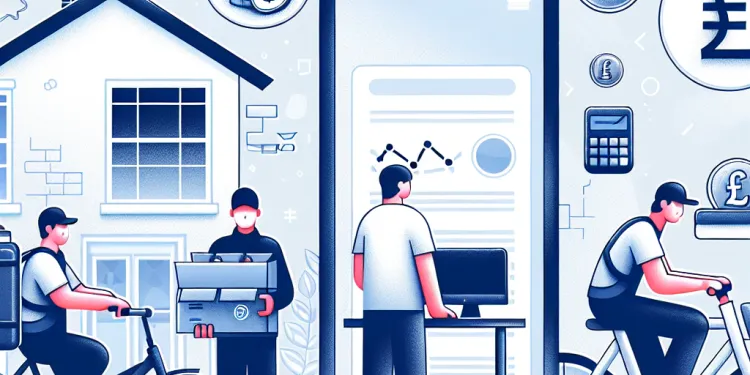
Am I considered an employee if I am a gig worker?
Relevance: 42%
-

How can I address payment disputes as a gig worker?
Relevance: 41%
-
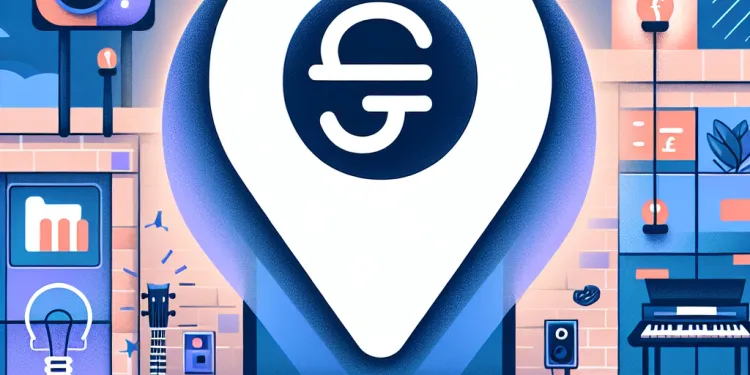
Can a gig platform deactivate my account without reason?
Relevance: 33%
-

Lone Workers
Relevance: 32%
-

Are there seasonal jobs with the National Trust?
Relevance: 29%
-

Is certification necessary for primary care support workers?
Relevance: 29%
-

What are National Trust Jobs?
Relevance: 28%
-

Can international applicants apply for jobs at the National Trust?
Relevance: 28%
-

Are there specific tools provided for job efficiency?
Relevance: 27%
-

Can support workers participate in decision-making processes?
Relevance: 26%
-

Do National Trust jobs require travel?
Relevance: 25%
-

Are zero-hour contract workers entitled to the National Living Wage?
Relevance: 25%
-

Is mentorship available for primary care support workers?
Relevance: 24%
-

How can I apply for a job at the National Trust?
Relevance: 24%
-

What help is available to primary care support workers?
Relevance: 24%
-

Are there academic courses for aspiring primary care support workers?
Relevance: 24%
-

Can I get a job with the National Trust if I am a student?
Relevance: 24%
-
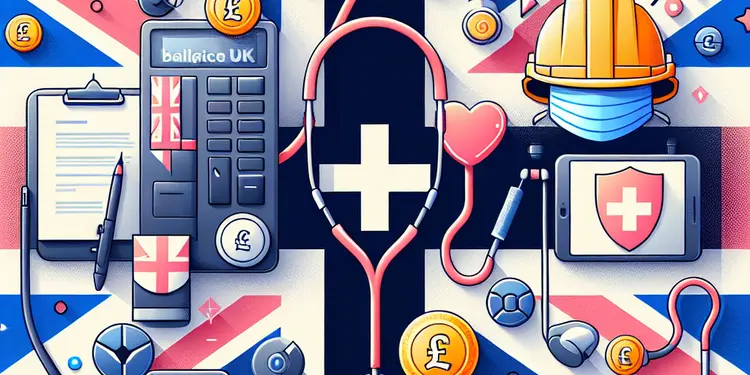
What healthcare policies should support workers be aware of?
Relevance: 23%
-

What are the common challenges faced by primary care support workers?
Relevance: 22%
-

Should health care workers get the meningitis vaccine?
Relevance: 22%
-

Can primary care support workers access mental health support?
Relevance: 22%
-

How can a Social Prescribing Link Worker help you? #MeetYourGPTeam
Relevance: 21%
-

How can I advance my career as a primary care support worker?
Relevance: 21%
Understanding Job Security
Job security is traditionally understood as the assurance that an employee has about the continuity of gainful employment for a work-life that spans many years. For many permanent employees, job security means stability, benefits, and the peace of mind that comes from knowing that their employment is protected under law and company policy. However, for gig workers who engage in short-term, flexible work arrangements, job security becomes a more complex issue.
The Gig Economy in the UK
The gig economy has expanded rapidly in the UK over recent years, driven by technology and changing attitudes towards work. Gig workers include freelancers, temporary workers, and those providing services through platforms like Uber and Deliveroo. While this work offers flexibility and independence, it often lacks the long-term security that traditional employment provides.
Current Rights for Gig Workers
In the UK, gig workers are generally classified as "self-employed" or "workers," rather than "employees." This classification affects the level of rights and protections they receive. For example, gig workers may not have entitlement to statutory employment rights like unfair dismissal protection, redundancy pay, or the right to request flexible working arrangements, as traditional employees do.
The Debate Surrounding Job Security
There is an ongoing debate about whether job security should be considered a right for gig workers. Advocates argue that gig workers should have the right to certain protections, such as minimum wage, paid holidays, and protection against discriminatory practices. Critics, however, suggest that the nature of gig work inherently involves a trade-off between flexibility and traditional job security.
Regulatory Developments
The UK government has made efforts to address some of these issues. For instance, the Taylor Review of Modern Working Practices in 2017 recommended clearer definitions of employment rights for gig workers. While these recommendations have led to discussions on workplace reforms, gig workers still often face uncertainty and lack a robust safety net compared to traditional employees.
The Path Forward
Exploring ways to enhance job security for gig workers without undermining the flexibility that attracts them to such roles is essential. Potential solutions could include implementing a system where gig workers accumulate rights over time, ensuring a minimum set of protections regardless of work classification, or increasing access to benefits like pensions and insurance.
Conclusion
As the gig economy continues to grow in the UK, re-evaluating the balance between flexibility and security is becoming increasingly important. While job security remains uncertain for many gig workers, ongoing discussions and policy developments show a positive trend towards greater recognition and rights for those contributing to this dynamic sector of the economy.
Frequently Asked Questions
What is job security for gig workers?
Job security for gig workers refers to the assurance of stable and consistent work and income despite the flexible and temporary nature of gig jobs.
Do gig workers currently have job security like traditional employees?
Gig workers generally have less job security compared to traditional employees, as they usually work on a project-to-project basis without long-term employment guarantees or benefits.
Is job security considered a right for gig workers?
While some advocate for job security to be a right for gig workers, legally it is not universally recognized as a right in most countries.
Why is job security important for gig workers?
Job security is important for gig workers to ensure financial stability, reduce stress, and plan for the future despite the flexible nature of their work.
What are some arguments against job security as a right for gig workers?
Some argue that gig work is inherently flexible and temporary, and providing job security could undermine the business models and freedoms that attract both workers and companies to the gig economy.
How can gig workers achieve job security?
Gig workers can achieve job security by diversifying their clients, continuously upgrading their skills, and negotiating for more stable contract terms with employers.
Are there any legal protections for gig workers' job security?
Legal protections vary by country. Some jurisdictions are starting to implement laws to provide more stability and rights for gig workers, but they are not universally applied.
What role do gig economy platforms play in job security?
Platforms often do not provide job security as they classify workers as independent contractors. However, they can influence job availability and worker rights through policies and lobbying.
How does the gig economy impact traditional job security?
The gig economy affects traditional job security by often offering flexible alternatives to traditional jobs, potentially leading to shifts in labor market structures and worker expectations.
Can unions help improve job security for gig workers?
Unions or worker associations can advocate for gig workers' rights, including job security, by negotiating better terms, challenging legislation, and providing support to workers.
What are some examples of countries providing better job security for gig workers?
Some European countries, like Spain and France, have started implementing laws that provide more benefits and protections for gig workers, enhancing their job security.
How does job security relate to benefits for gig workers?
Job security often includes access to benefits such as health insurance, retirement plans, and paid leave, which are usually not available to gig workers.
Can gig workers be classified as employees for better job security?
In some cases and jurisdictions, gig workers can be reclassified as employees, affording them greater job security and access to employment benefits.
What are potential consequences of providing job security to gig workers?
Providing job security might increase operational costs for companies, lead to less flexible work options, and potentially reduce the gig economy's flexibility and affordability.
How does technology impact job security for gig workers?
Technology can both help and hinder job security by offering new job opportunities while also automating tasks and potentially reducing the demand for human labor.
What are common misconceptions about job security for gig workers?
A common misconception is that all gig work is inherently insecure when, in reality, some gig roles can offer stability similar to traditional jobs.
What impact does legislation have on job security for gig workers?
Legislation can improve job security by enforcing standards and protections such as minimum wage laws, insurance, and more secure contract terms for gig workers.
How does demand variability affect job security in the gig economy?
Demand variability can lead to periods of little to no work for gig workers, impacting their income stability and overall job security.
What strategies can companies use to enhance job security for gig workers?
Companies can offer better contracts, provide consistent work schedules, and invest in training programs to help enhance job security for gig workers.
What future trends might impact job security for gig workers?
Trends such as increased regulation, technological advancements, societal shifts towards worker rights, and changing economic conditions could impact job security for gig workers.
Useful Links
This website offers general information and is not a substitute for professional advice.
Always seek guidance from qualified professionals.
If you have any medical concerns or need urgent help, contact a healthcare professional or emergency services immediately.
Some of this content was generated with AI assistance. We’ve done our best to keep it accurate, helpful, and human-friendly.
- Ergsy carfully checks the information in the videos we provide here.
- Videos shown by Youtube after a video has completed, have NOT been reviewed by ERGSY.
- To view, click the arrow in centre of video.
- Most of the videos you find here will have subtitles and/or closed captions available.
- You may need to turn these on, and choose your preferred language.
- Go to the video you'd like to watch.
- If closed captions (CC) are available, settings will be visible on the bottom right of the video player.
- To turn on Captions, click settings .
- To turn off Captions, click settings again.
More Items From Ergsy search
-

Is job security a right for gig workers?
Relevance: 100%
-

What are my rights as a Gig Worker?
Relevance: 67%
-

Do gig workers qualify for retirement benefits?
Relevance: 63%
-

Are gig workers entitled to workers' compensation?
Relevance: 63%
-

What are my rights regarding workplace safety as a gig worker?
Relevance: 59%
-

Do gig workers have the right to unionize?
Relevance: 59%
-

Can I receive health benefits as a gig worker?
Relevance: 59%
-

Are gig workers protected against wrongful termination?
Relevance: 58%
-

Do gig workers have the right to transparency in pay and fees?
Relevance: 58%
-

Are gig workers entitled to sick leave?
Relevance: 57%
-

Do gig workers have access to unemployment benefits?
Relevance: 57%
-

Am I entitled to overtime pay as a gig worker?
Relevance: 56%
-

Do gig workers have the right to a minimum wage?
Relevance: 55%
-

What can I do if I face discrimination as a gig worker?
Relevance: 52%
-

Do gig workers have intellectual property rights over their work?
Relevance: 49%
-

Can I claim expenses as a gig worker?
Relevance: 49%
-

Employment Tribunal Cases Surge Amidst Gig Economy Debate
Relevance: 47%
-

Am I considered an employee if I am a gig worker?
Relevance: 42%
-

How can I address payment disputes as a gig worker?
Relevance: 41%
-

Can a gig platform deactivate my account without reason?
Relevance: 33%
-

Lone Workers
Relevance: 32%
-

Are there seasonal jobs with the National Trust?
Relevance: 29%
-

Is certification necessary for primary care support workers?
Relevance: 29%
-

What are National Trust Jobs?
Relevance: 28%
-

Can international applicants apply for jobs at the National Trust?
Relevance: 28%
-

Are there specific tools provided for job efficiency?
Relevance: 27%
-

Can support workers participate in decision-making processes?
Relevance: 26%
-

Do National Trust jobs require travel?
Relevance: 25%
-

Are zero-hour contract workers entitled to the National Living Wage?
Relevance: 25%
-

Is mentorship available for primary care support workers?
Relevance: 24%
-

How can I apply for a job at the National Trust?
Relevance: 24%
-

What help is available to primary care support workers?
Relevance: 24%
-

Are there academic courses for aspiring primary care support workers?
Relevance: 24%
-

Can I get a job with the National Trust if I am a student?
Relevance: 24%
-

What healthcare policies should support workers be aware of?
Relevance: 23%
-

What are the common challenges faced by primary care support workers?
Relevance: 22%
-

Should health care workers get the meningitis vaccine?
Relevance: 22%
-

Can primary care support workers access mental health support?
Relevance: 22%
-

How can a Social Prescribing Link Worker help you? #MeetYourGPTeam
Relevance: 21%
-

How can I advance my career as a primary care support worker?
Relevance: 21%


